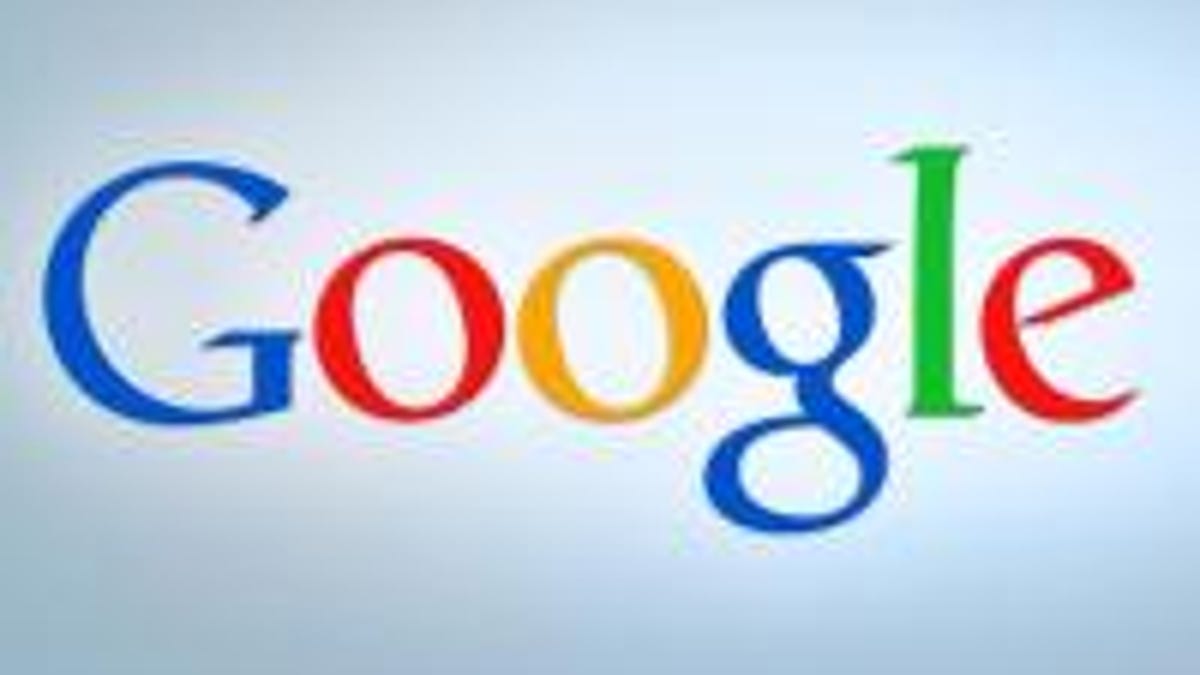Microsoft 'very surprised' by Google's Exchange ActiveSync ouster
The company says Gmail users should consider switching to Outlook to get the "best e-mail experience across all your devices."

Microsoft and Google are having a war of words on their respective blogs.
Google last week announced in a blog post entitled "Winter cleaning" that on January 30, it will be shutting down Google Sync -- a feature that allowed Gmail users to sync their mail, calendar, and contacts through Microsoft's Exchange ActiveSync protocol -- for consumers who use the company's free e-mail application. Google Apps for Business, Government, and Education users will still have access to Google Sync.
Google Vice President of Engineering Venkat Panchapakesan said the decision was made after the company adopted CardDAV, an open protocol that syncs contacts across devices. That, combined with IMAP for e-mail syncing and CalDAV for calendar syncing, allows for the same features as Exchange, but does so by relying on "open protocols."
Microsoft Senior Director of Product Management Dharmesh Mehta responded yesterday on his company's Outlook blog, saying the software giant was "very surprised to see Gmail announce last week that they'll soon end support for Exchange ActiveSync (EAS), unless of course you're willing to pay Google for your e-mail."
Mehta's blog, which comes with the taunting headline of "Really want to do some winter cleaning?" describes why he believes affected Gmail users should switch to Outlook.com.
Mehta argues that the combination of IMAP syncing is one that will "degrade" a person's e-mail experience on mobile devices because Google is forcing them into "downgrading to an older protocol that doesn't sync your calendar or contacts, doesn't give you direct push of new e-mail messages, and doesn't have all the benefits of Exchange ActiveSync."
While it's true that the IMAP implementation won't extend to Calendar and Contacts, Google has made clear that it will offer similar functionality as Exchange ActiveSync through the combination of CalDAV and CardDAV in addition to IMAP. Also, current Google Sync users will still be able to use the service, so Microsoft's contention that users should "switch" to Outlook.com is arguable.
Mehta asserts that the benefits of a single solution in Exchange ActiveSync far outweigh those Google will offer. He claims IMAP is old and delivers "much easier" setup than those available elsewhere.
"It's because of these advanced consumer benefits that many devices choose to natively support Exchange ActiveSync -- whether that's a Windows Phone, iPhone, iPad, or even a number of Android devices," Mehta wrote.
But there's more to this than Microsoft's battle with Google. Apple's iOS supports IMAP, CalDav, and CardDav, meaning Gmail users who want to sync information shouldn't have much trouble doing so. Microsoft's Windows Phone platform, however, doesn't support CalDAV and CardDav, meaning the operating system's users who currently have Gmail accounts running on the native e-mail application won't be able to sync their contacts and calendar with their online account. Mehta made no mention of any solution to that problem.
CNET has contacted Google for response to the Mehta post. We will update this story when we have more information.

